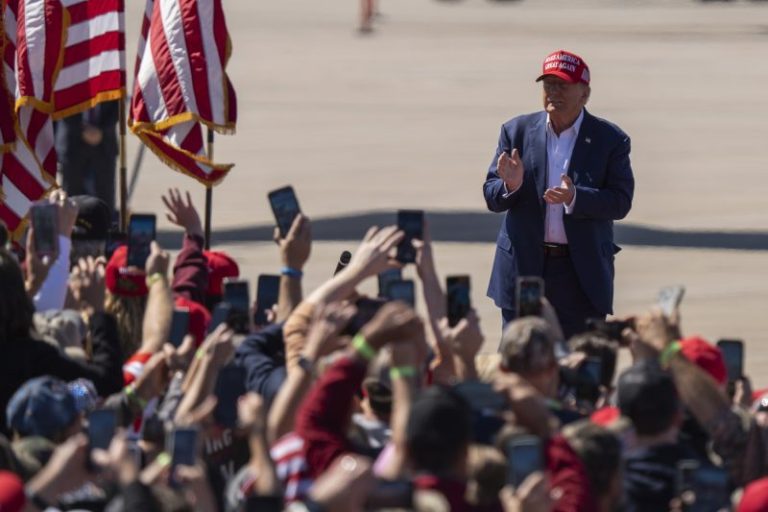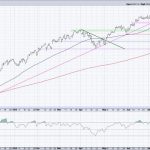Trump Says Women Love Him, But Polling Shows a Gender Gap
The notion that women love Donald Trump has been a common assertion made by the former president himself, but recent polling data has revealed a stark gender gap in public opinion regarding Trump’s popularity among women. While Trump has often proclaimed his high approval ratings among women, calling himself a champion for women’s rights, the polling numbers paint a different picture.
A recent study conducted by a prominent polling organization found that only 35% of women surveyed expressed positive feelings towards Trump, with a significantly higher percentage, 64%, stating negative sentiments towards the former president. These findings have been consistent with previous surveys that have shown a notable gender disparity in women’s perceptions of Trump.
One of the key factors contributing to the gender gap in Trump’s approval ratings is his controversial statements and behaviors towards women. Throughout his political career, Trump has been widely criticized for making derogatory comments about women, including remarks that have been perceived as sexist and demeaning. His infamous grab them by the p***y comment, made public during the 2016 presidential campaign, fueled outrage and condemnation from women’s rights advocates and the general public.
Additionally, Trump’s policy decisions and actions during his presidency have also played a significant role in shaping women’s opinions of him. His administration’s efforts to roll back protections for reproductive rights, including attempts to defund Planned Parenthood and restrict access to birth control, have been met with strong opposition from women’s advocacy groups and progressive organizations.
Furthermore, Trump’s handling of issues related to gender equality and diversity has drawn criticism from various sectors of society. His lack of support for initiatives promoting gender pay equity, representation of women in leadership roles, and protection of LGBTQ rights has alienated many women who prioritize these issues in their political beliefs.
In contrast, some women continue to support Trump, citing his business acumen, strong leadership style, and populist rhetoric as reasons for their admiration. They view him as a disruptor of the political establishment and a champion of conservative values, including pro-life principles and traditional gender roles.
Despite these varying perspectives, the polling data clearly illustrates a significant gender gap in women’s attitudes towards Trump. While some women may appreciate certain aspects of his persona and policies, the majority express negative sentiments towards the former president, citing his controversial statements, policies, and actions as reasons for their disapproval. The gender gap in Trump’s approval ratings underscores the divisive nature of his political legacy and the complex dynamics of gender politics in contemporary society.



